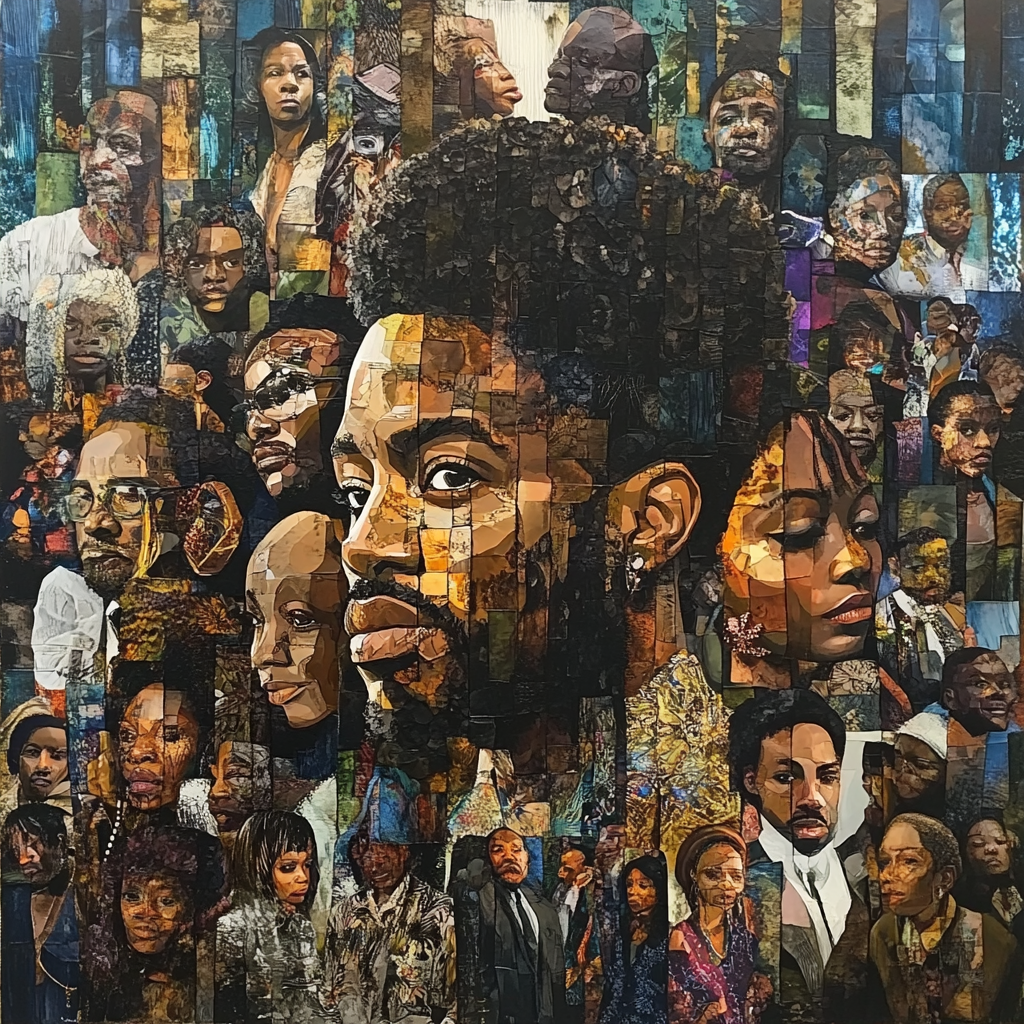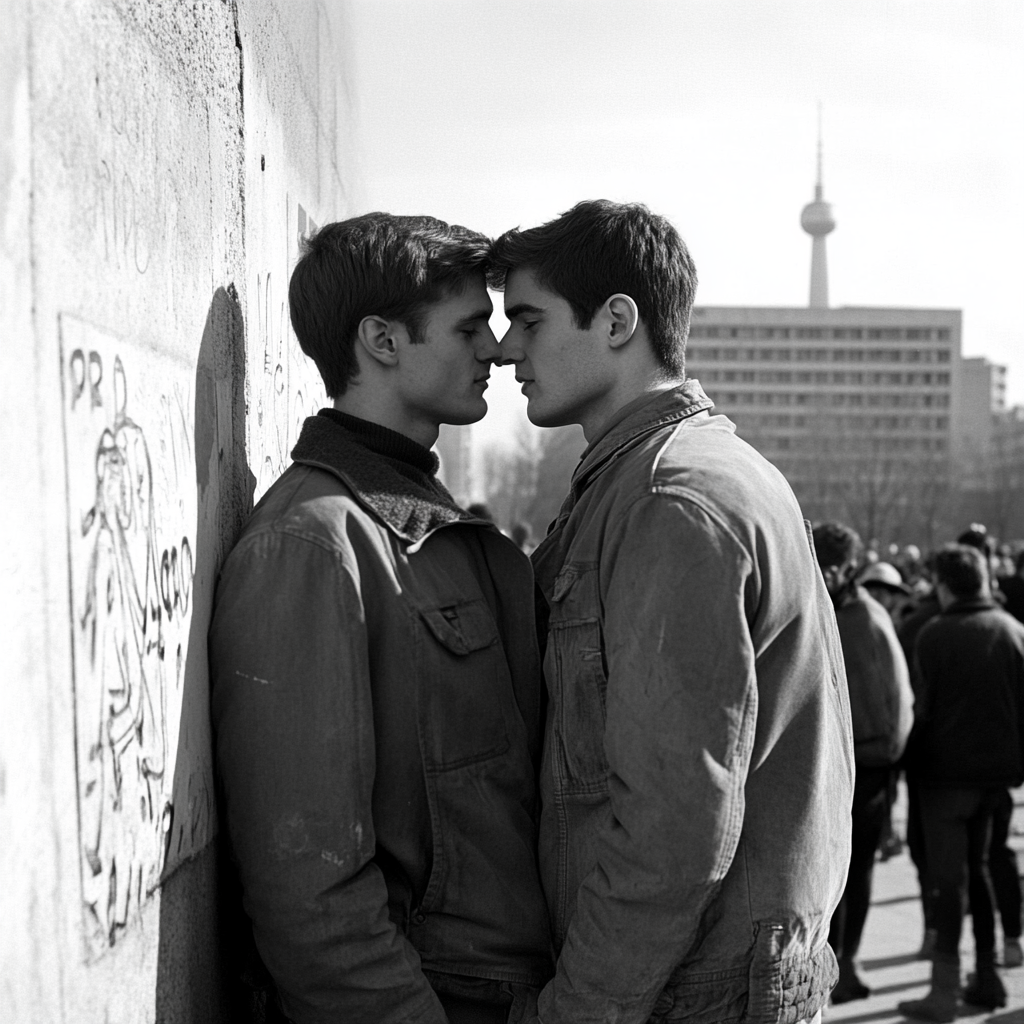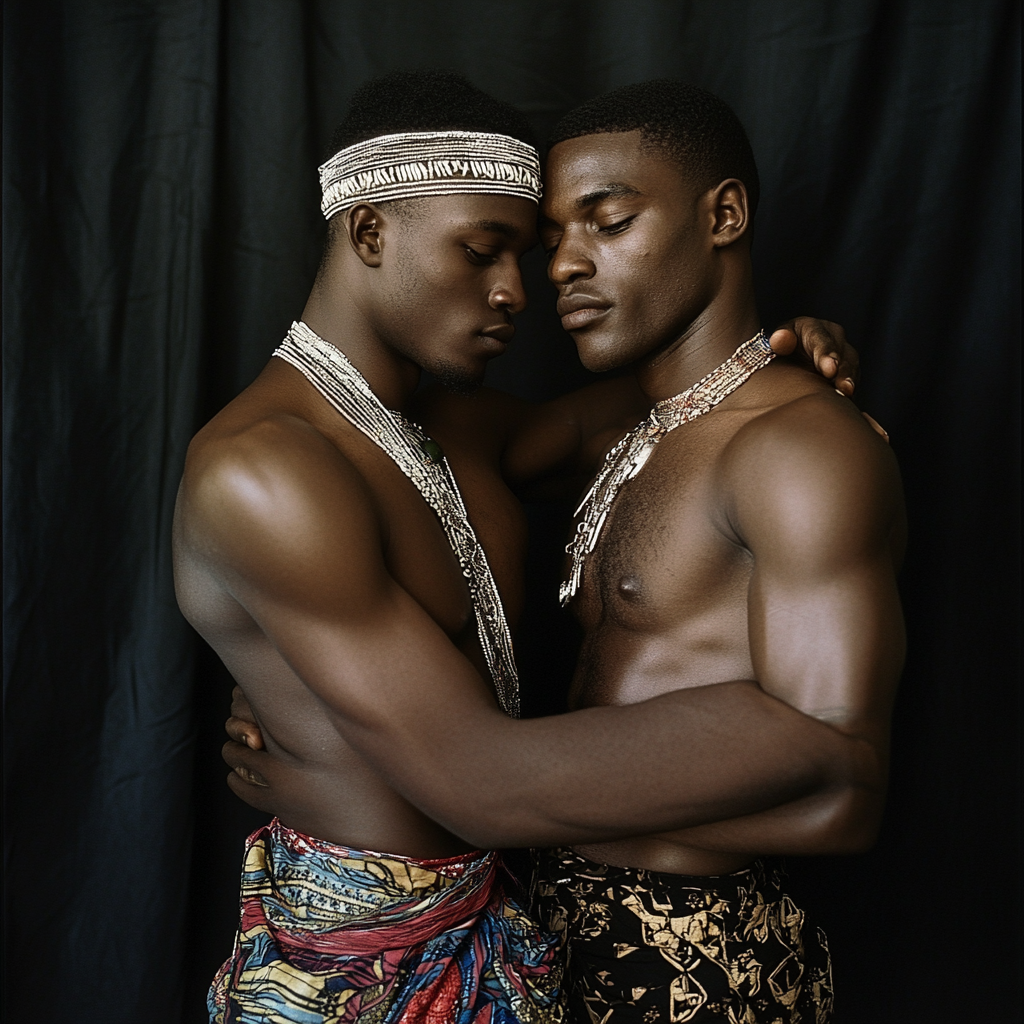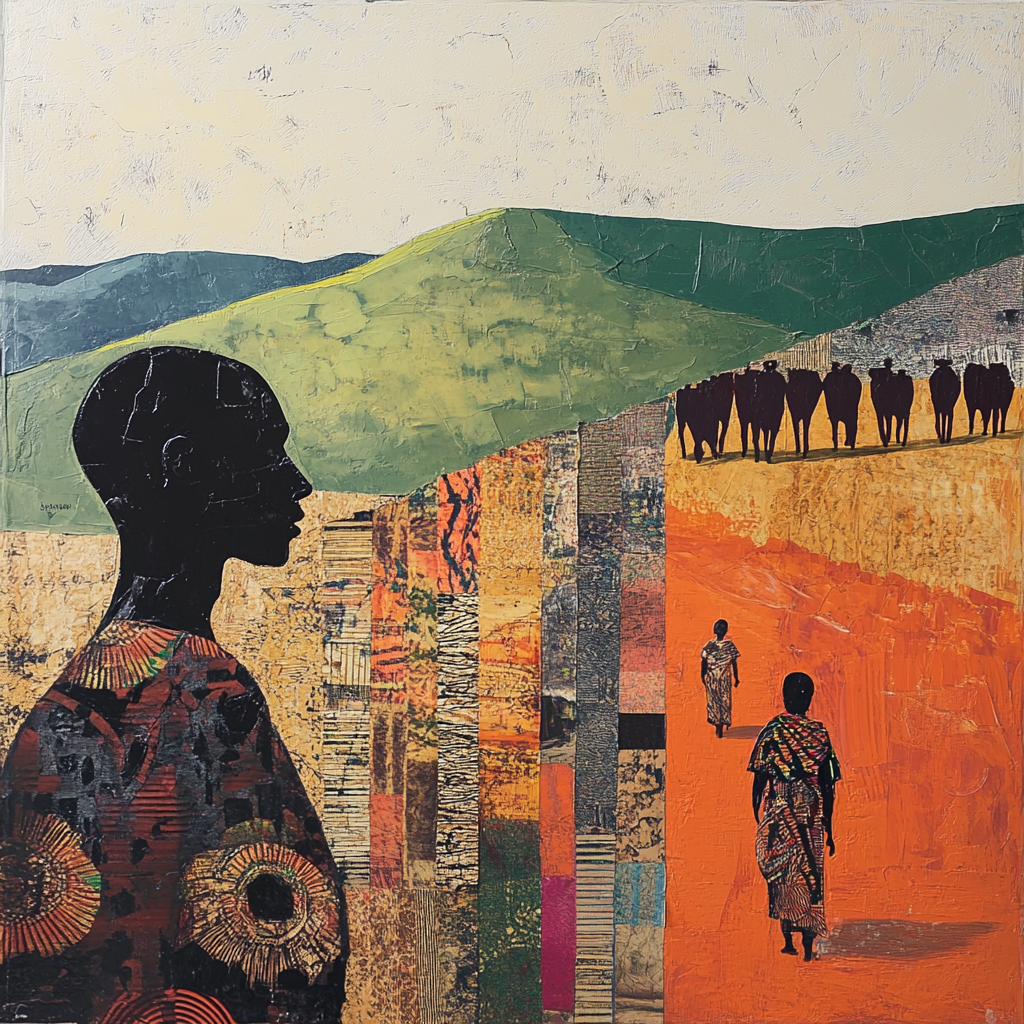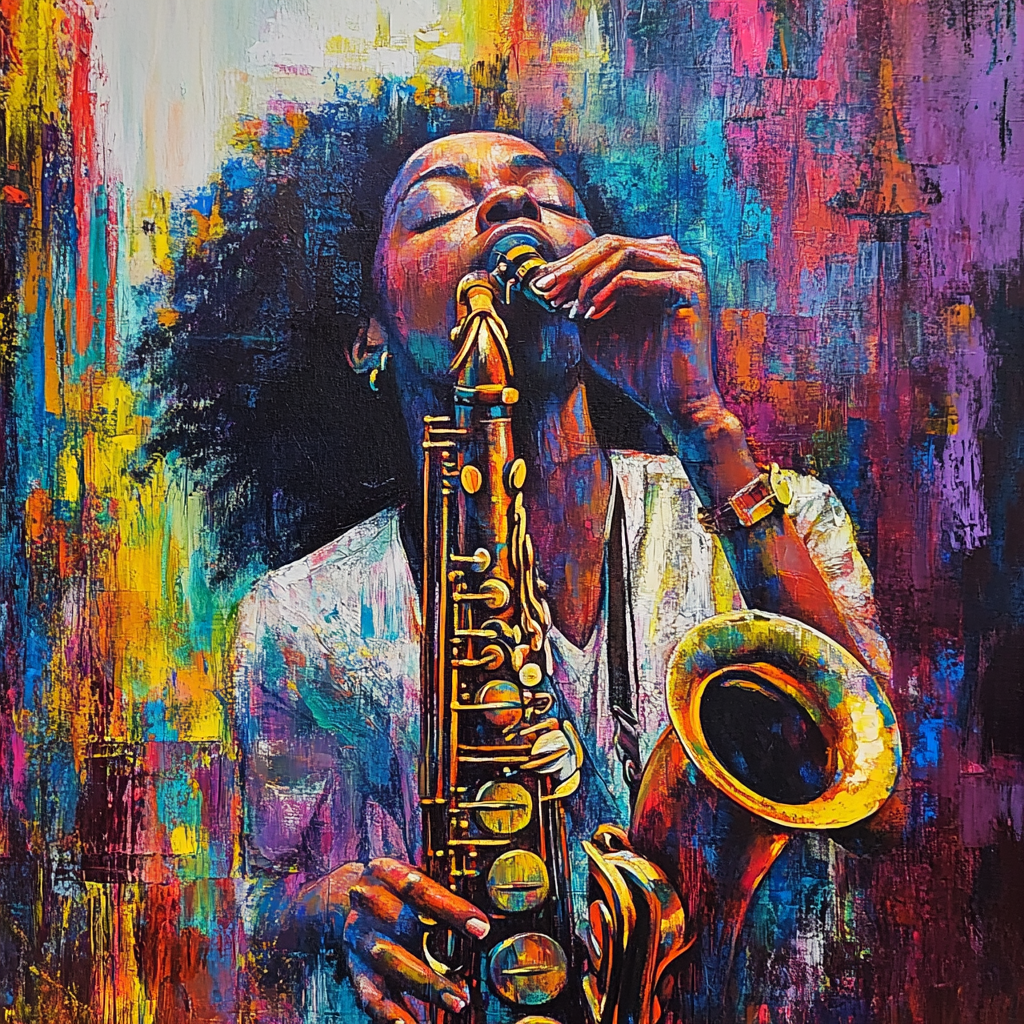
Juneteenth, celebrated in the United States, marks the abolition of slavery and the emancipation of enslaved Africans in America. This historic day commemorates the end of slavery, specifically in Texas, the last state to implement the emancipation ruling after the Confederate States of America deemed slavery illegal in 1863
Neocolonialism, Decolonialism, and Postcolonialism are all theoretical frameworks related to the history and legacy of colonialism. They all have different phenomena in regards to colonialism and all important aspects in understanding power structures.

In the GDR, homosexuality was decriminalized in 1968, earlier than in many of the Federal States of Germany. However, this legal change did not lead to widespread social acceptance. The socialist government promoted a conservative, heteronormative family model, and homosexuality remained a taboo subject.

Homosexuality on the African continent has become a taboo topic in many modern contexts, with several African leaders, such as Uganda’s Yoweri Museveni, claiming that LGBTQIA+ identities are a Western import and go against “African culture.

These lines reflect identities lost, formed, and sometimes rediscovered. In Africa, they tell tales of geography intertwined with a complex history, one fragmented by foreign hands.

During the colonial era, enslaved Africans found profound solace in spirituals such as “Wade in the Water” and “Swing Low, Sweet Chariot.” These songs were not merely melodies but lifelines—expressions of hope, determination, and the pursuit of joy amidst unspeakable adversity
Black joy was not just a fleeting moment of happiness but a radical act of survival. It flourished in the harshest circumstances, a testament to the indomitable spirit of Black communities. Through music, dance, storytelling, and communal gatherings, Black individuals found ways to connect, heal, and resist.
In German schools and kindergartens, children play a game called “Wer hat Angst vorm Schwarzen Mann?” (Who’s Afraid of the Black Man?). The phrase is ambiguous but loaded with meaning:
Tipis were used by some indigenous groups as part of their way of living, but it’s crucial to understand that Indigenous cultures are incredibly rich and diverse. They have histories that span thousands of years, with many unique ways of living—and the tipi is just one small piece of that story.
Takes place annually from December 26th to January 1st. Rooted in traditions and values of the African diaspora, Kwanzaa is primarily observed in the United States by African Americans and in the Caribbean, with a strong emphasis on Pan-Africanism
